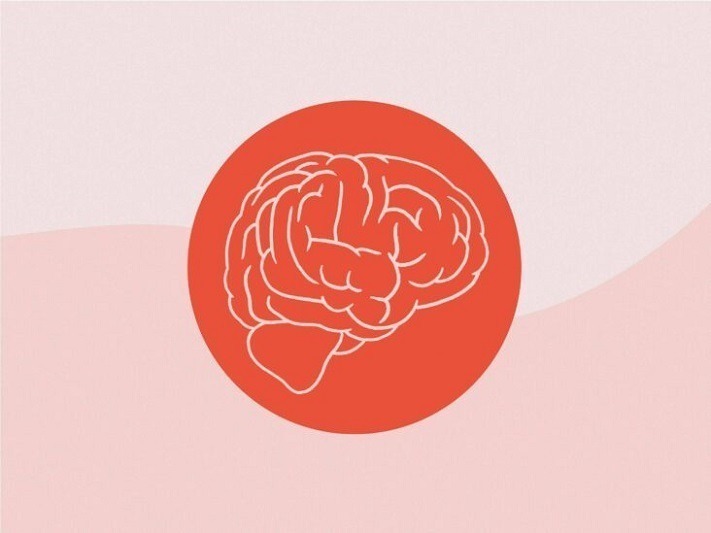Debunking the “chemical imbalance” theory yet not throwing out the antidepressant baby with the bathwater
 A recent study found inconsistent evidence linking the neurotransmitter serotonin to depression. In an article for The Conversation, the authors of the study concluded that it is impossible to say that taking SSRI antidepressants is worthwhile. But is it safe to conclude that serotonin is not involved in depression or that modern antidepressants aren’t helpful in treating the condition?
A recent study found inconsistent evidence linking the neurotransmitter serotonin to depression. In an article for The Conversation, the authors of the study concluded that it is impossible to say that taking SSRI antidepressants is worthwhile. But is it safe to conclude that serotonin is not involved in depression or that modern antidepressants aren’t helpful in treating the condition?
Depression is a common and serious life-limiting condition. Low mood and loss of enjoyment are its core symptoms, but many unique symptom combinations can lead to a diagnosis. Two people with depression can have very different symptoms.
The roots of depression are varied and people can have very different reasons for their symptoms. Psychological trauma is a well-established risk factor. And inflammation is increasingly recognised as a likely cause in many research studies.
Many genetic factors have also been identified, each with a very small effect. There are probably thousands of small genetic effects with each person having an almost unique combination that can increase the risk of depression.
These risk factors explain why some people get depression more often than others, but multiple risk factors are often reported by people with depression, and it is not usually possible to conclude which – if any – led to their symptoms.
Depression, like many conditions defined chiefly by its symptoms, is unlikely to be a single condition with a simple set of discrete causes. Similarly, it is unlikely that there would be a single therapy or drug that would treat all people effectively. But the diverse symptoms and risk factors underlying depression do not mean we lack effective treatments.
Antidepressants were discovered initially by repurposing a drug used to treat tuberculosis, with little understanding of its effects on the brain.
Initial research revealed that antidepressants increased the quantity of serotonin and noradrenaline in the brain. These findings formed the basis of a theory of depression, known as the monoamine hypothesis, which suggests that insufficient levels of these neurotransmitters are an underlying mechanism of depression that can be corrected with antidepressants.
This simplistic explanation of depression and its treatment has been met with conflicting data and justifiable scepticism, and several alternative theories of depression and antidepressants have been proposed.
For more than a decade, few researchers and health professionals would refer to depression as a simple “chemical imbalance”. Yet it would be unwise to dismiss the role of serotonin entirely, as there remains some evidence for its involvement in depression. Although limited access to living human brain tissue means that direct confirmation of serotonin’s role in depression is difficult.
Our limited understanding of both depression and antidepressant treatment has led the authors of the abovementioned study to question whether antidepressants are a helpful approach to treatment. These critiques are not new, but they incorrectly imply that an understanding of the mechanism is necessary for effective treatment.
In contrast, the cornerstone for identifying effective treatments is the randomised controlled trial (the gold standard of clinical research), which has been widely applied to the study of antidepressants and psychotherapies. This type of study can reliably tell us whether a treatment works or not – even if we have no idea why the treatment is effective.
Randomised controlled trials of thousands of depressed people have shown beyond reasonable doubt that antidepressant drugs are effective in depression. Studies of people with depression treated with antidepressants can also provide important information on how treatments deliver their benefits and may in future provide important information on why some people respond more than others.
Conditions defined largely by their symptoms are difficult to research and treat, but this has not prevented the development of effective treatments.
Depression is usually managed effectively with antidepressants or by talking treatments, such as cognitive behaviour therapy, despite an incomplete understanding of the condition and how these treatments work.
We cannot know if treatments address the underlying problem because we haven’t yet identified what that is. To imply that SSRI antidepressants may not be worthwhile is to misunderstand an evidence base that says the very opposite.
Steadily, we are beginning to understand more about the causes of depression and identify subtypes, or “depressions”, that have more specific mechanisms and treatments.
Our understanding of depression and its treatment has been advancing for more than a century and shows no signs of slowing. Identifying the causes and new treatments for depression is difficult but essential if we are to address one of the most common causes of disability worldwide.

 – This article was originally published on The Conversation. Andrew M McIntosh is Professor of Biological Psychiatry at the University of Edinburgh, and Cathryn Lewis is Professor of Genetic Epidemiology & Statistics at King’s College London.
– This article was originally published on The Conversation. Andrew M McIntosh is Professor of Biological Psychiatry at the University of Edinburgh, and Cathryn Lewis is Professor of Genetic Epidemiology & Statistics at King’s College London.
To Learn More:
- Studies find growing evidence linking weight, physical activity, neuroplasticity and depression
- Computer-assisted cognitive behavior therapy (CCBT) may outperform Treatment as Usual (TAU) in helping patients reduce depression, improve remission rates
- Cognitive behavioral therapy (CBT) apps may help you more than sleeping pills
- Five reasons the future of brain enhancement is digital, pervasive and (hopefully) bright


